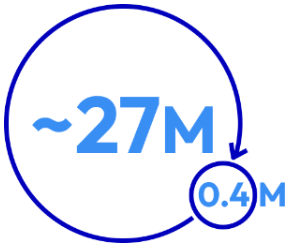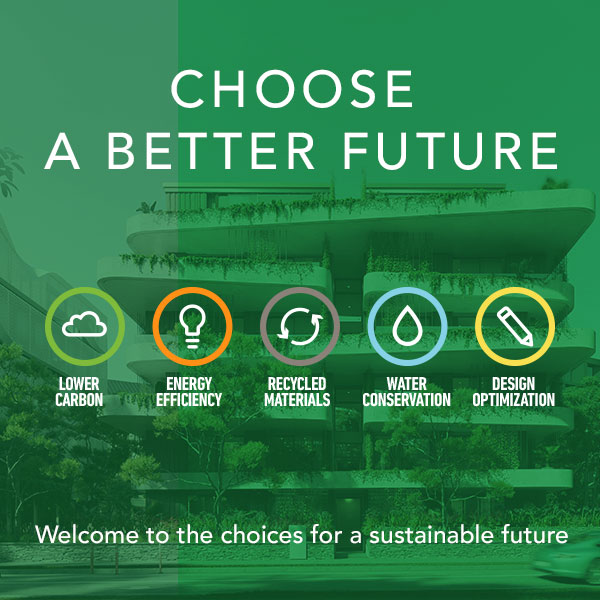The Circular Economy
Committed to a Sustainable Future
We're committed to a sustainable future by integrating circular economy principles. This transformative approach prioritizes sustainable resource use and waste reduction. From reusing materials to developing easily recyclable products, we're reducing waste, conserving resources, and innovating to minimize our environmental impact. By prioritizing sustainability, we're creating a better world for future generations.





